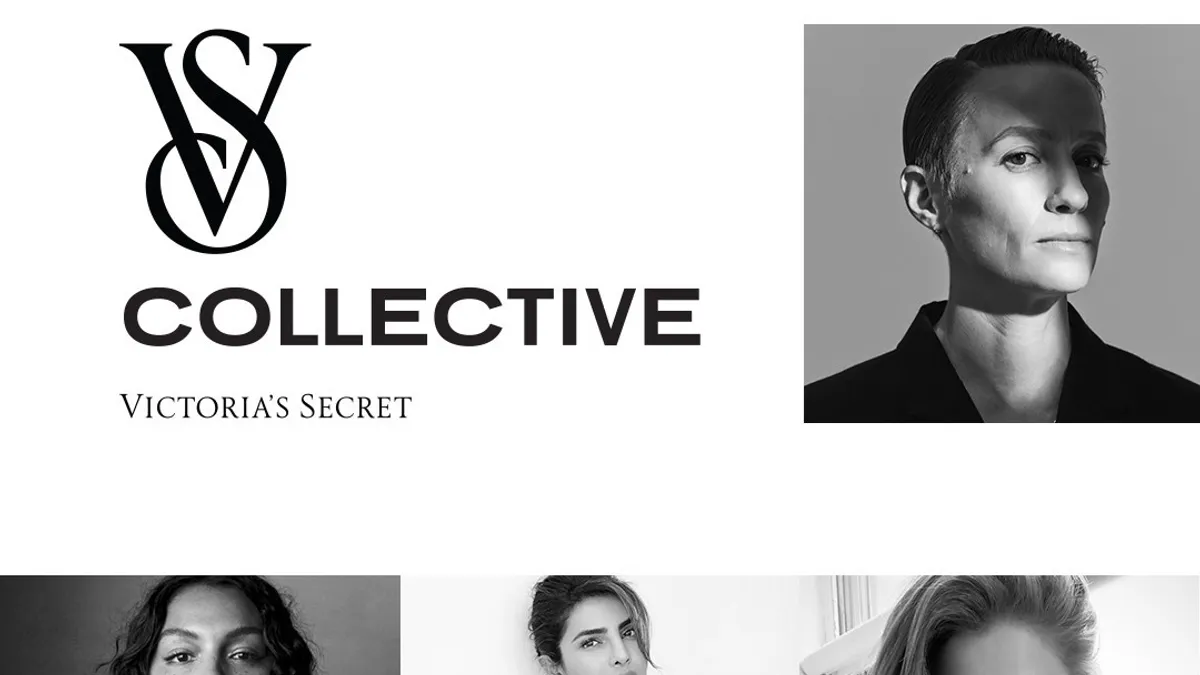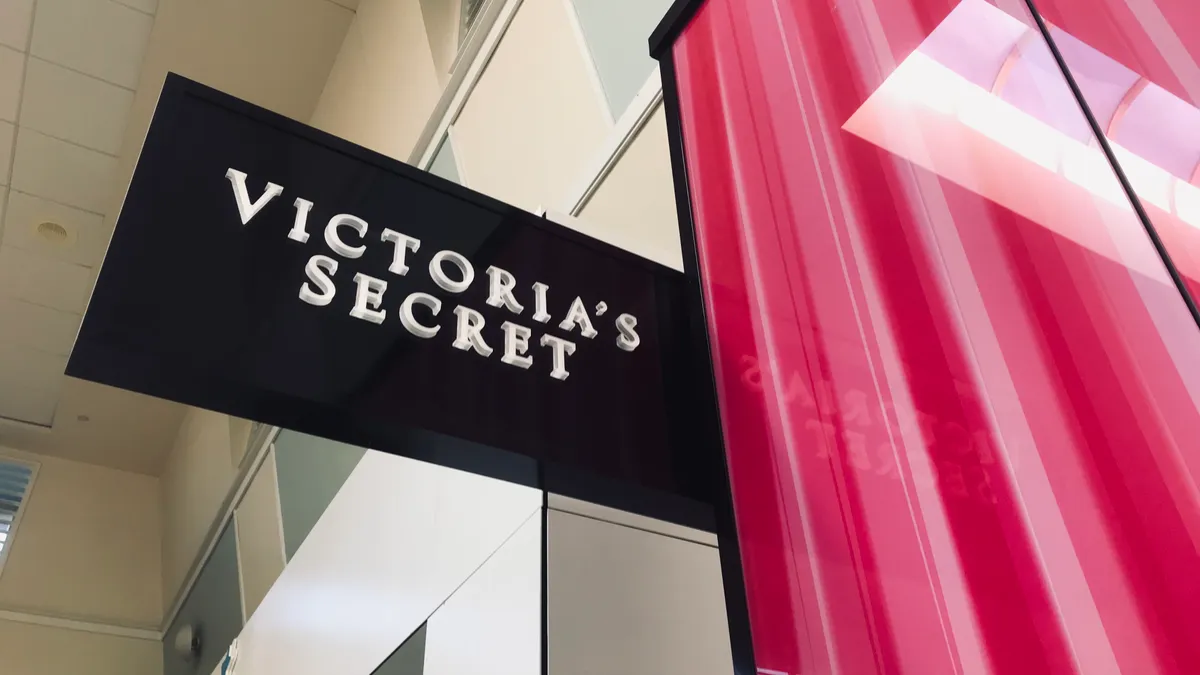Victoria's Secret is still pretty hot and steamy, but these days it's at least as much about sweat as it is about sex. The brand, for decades defined by the male gaze, is now on its own as a separate — and significantly reformed — company.
The business has been severed from its L Brands sibling Bath & Body Works, following accusations from activist investors that it obscured the personal care brand's value, and after a sale to private equity firm Sycamore Partners fell through last year. To some analysts' surprise, considering its years-long stubbornness, the brand seems prepared for its new situation.
That didn't always seem likely. The company hung on to its sexualized marketing long after it had fallen out of favor, and, perhaps as a result, missed style trends like bralettes despite their popularity. Such cluelessness seemed all the worse in light of L Brands founder (and then-CEO) Les Wexner's relationship with convicted sex criminal Jeffrey Epstein, and intractable after offensive comments from longtime marketing chief Ed Razek even in the midst of #MeToo.
But an about-face is underway, starting even before the official separation that ends the "L Brands" name. Wexner, whose merchandising genius grew Victoria's Secret from a San Francisco boutique to a global powerhouse, last year left as chief executive and this year departed the board. The new CEO, Martin Waters, is a man who has been unequivocal about owning up to Victoria's Secret's long term obliviousness, although he also promised to bring back its fashion show, as soon as the company figures out how to make it "culturally relevant."
"We got it wrong," Waters told investors last month.
The brand these days draws attention to the fact that mostly women, including its chair, now sit on its board. Most vivid is the replacement of its infamous "angels" with the "V.S. Collective." This group of brand ambassadors includes powerful, activist women like soccer star Megan Rapinoe, champion free skier Eileen Gu and actor Priyanka Chopra Jonas, among others.
Even though in recent years the company's missteps cost it market share and sales, it (with its teen-oriented Pink brand) remains the market leader in lingerie and runs a thriving fragrance business. That means upstart DTC companies and rivals like American Eagle's Aerie, which may have anticipated that Victoria's Secret would be soon vanquished or at least hobbled by its separation from L Brands, may instead be contending with an awakened giant.
"Yeah, some competitors have filled a gap they missed," Lee Peterson, executive vice president of thought leadership and marketing at WD Partners, said by email. "But to me, they're still the dominant player. You gotta beat the champ to be the champ, and I don't see that happening."
Still, such a major shift carries some risk for a brand as powerful as Victoria's Secret, which, as Peterson points out, has remained in the lead despite its mistakes, rising competition and overblown store footprint. The company had no choice, given how important issues like inclusivity are to consumers globally, according to Jane Hali, CEO of investment research firm Jane Hali & Associates.
Hali has long been critical of the company's failure to evolve. But she and Peterson, who previously worked with Wexner as a merchant for The Limited, agree that Victoria's Secret's shift appears to have both style and substance.
"VS has certainly changed to be more inclusive," Hali said by email. "What a long time it took for the company to see the consumer shifts. The Collective looks very inclusive and their thoughts inspirational. I have been watching the site and the changes. It is for real. They truly have a mission — You can see it in the merchandise."

















